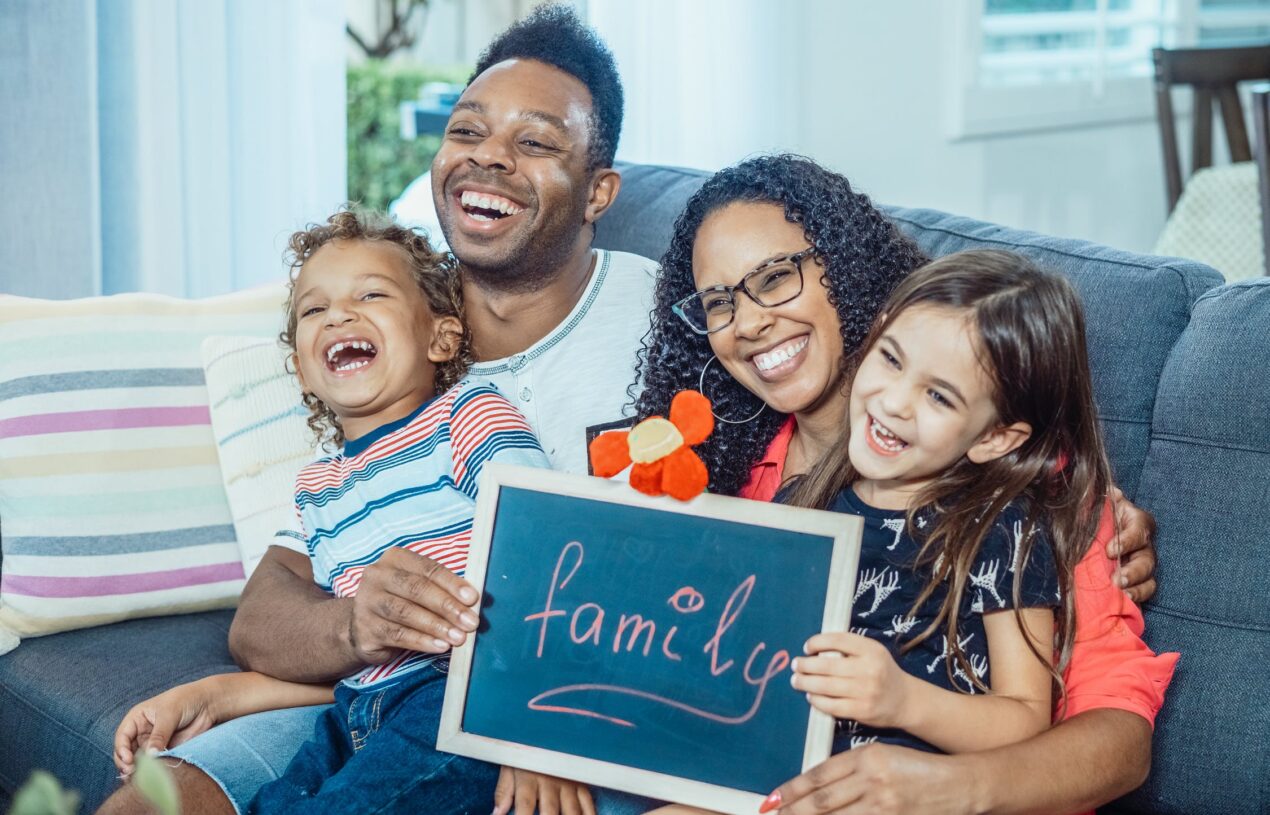Becoming a foster parent is one of the most rewarding things you will ever do in your life. Like all forms of parenting, however, being a foster parent comes with its own unique set of challenges. Thankfully, there are plenty of ways to make sure that you feel confident and ready to welcome your first foster child into your home. Here are some of the most important ones.
1. Access to a dedicated social worker
Foster care placements are organized and managed by fostering agencies or by the local government. Either way, the organization will employ specialized foster care social workers, whose job it is to support both the foster child and the foster family, as well as to regularly check the conditions of the placement and to liaise with the foster child’s birth family and with the family court. A good fostering agency will provide you with the contact details for your dedicated social worker and will also explain to you who you should contact if you have urgent questions while your regular social worker is off duty or on annual leave, as well as who to contact in case of an emergency. With a good social worker’s support, you will gain and maintain the confidence you need to be a great foster parent.
2. A community of foster families
If yours is the only foster family in the neighborhood, both yourself and your foster kids might feel quite isolated. Being a foster family is a unique experience which differs quite significantly, in some respects, from being a biological, adoptive or blended family. It is very important, therefore, that as a new foster parent you find other foster families to hang out with, so you can all share your experiences and learn from each other. Your fostering agency or local government agency may well provide opportunities for foster families to get together; independent fostering agency thefca.co.uk, for example, organizes trips to theme parks, seasonal celebrations and other events for all foster families in the same region. When you are choosing a fostering agency, therefore, you might want to keep this in mind as one of the boxes that they should ‘check’ for you to decide to foster with them.
3. Supportive relatives and friends
Like all parents, but perhaps even more so, foster parents need their extended family and friends to support them in their journey, so that they in turn can best support their foster kids. This support might look like bringing meals around at the start of a new placement so the foster parents and kids can focus on getting to know each other, running errands, collecting clothes and toys for the foster kids or hosting a welcome party at the start of a new placement, as well as a farewell party before a child leaves the foster placement. If you are a new foster parent, don’t be afraid to direct your loved ones to this list of suggestions—they will want to help, but they might not know where to start, and a list will give them ideas and validation!

